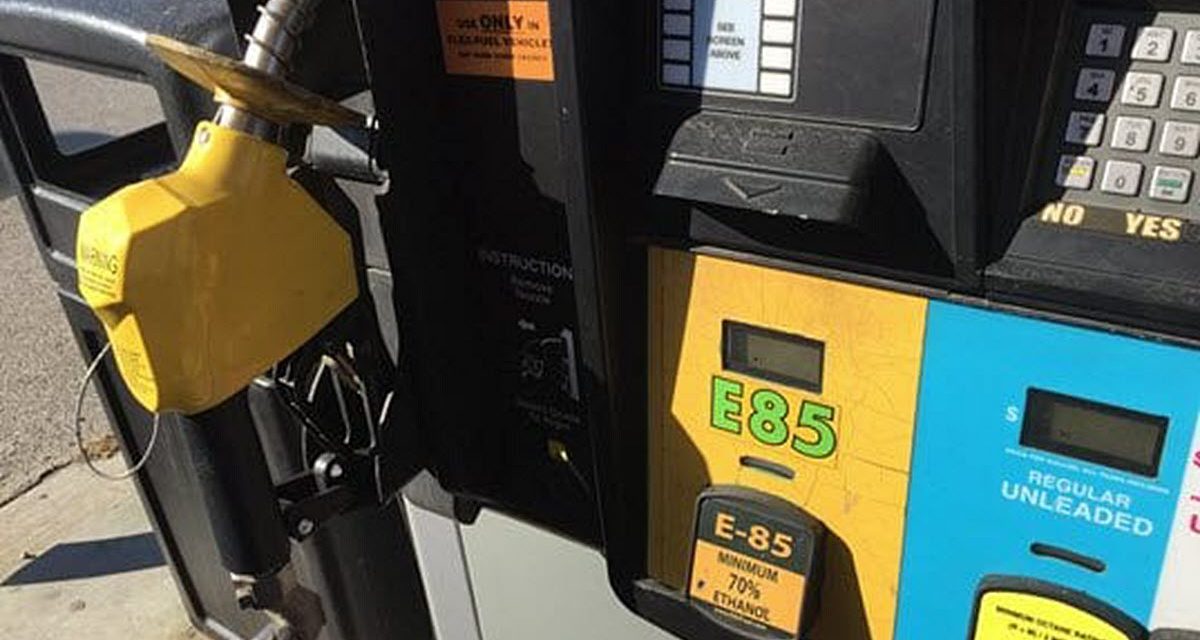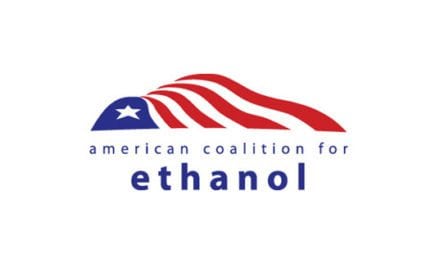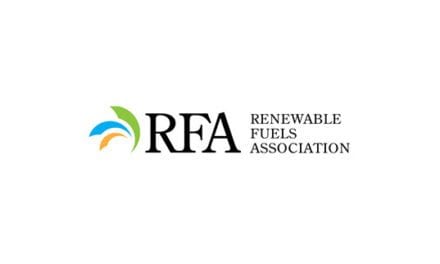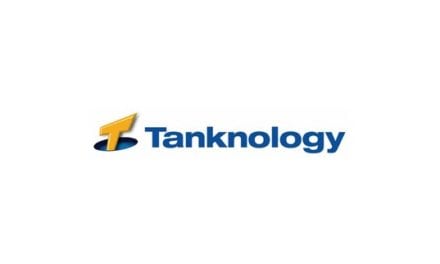In comments submitted to the California Air Resources Board, the Renewable Fuels Association stressed its ongoing support for the state’s Low Carbon Fuel Standard and provided recommendations to strengthen and expand the landmark program beyond 2030. However, RFA underscored that without complementary regulatory actions—like expeditious approval of E15 and support for E85 and flex-fuel vehicles—more stringent future LCFS requirements may be very difficult to achieve.
As part of the comments, RFA also recommended that CARB modify the new California Transportation Supply (CATS) model to better reflect current and projected ethanol economics, carbon intensities and volumes. This includes reflecting the current carbon intensity of ethanol and its expected downward trajectory and considering the rise of higher blends such as E15 and E85, noting the latter blend volumes have been increasing at an annual growth rate of approximately 50-60 percent in recent years.
“An accurate modeling of ethanol’s benefits and an integration of CARB fuels policy to incentivize higher ethanol blends will result in immediate reductions of GHG emissions and criteria pollutants while lowering the cost of compliance to obligated parties and California consumers,” wrote RFA Vice President of Regulatory Affairs Kelly Davis. “RFA looks forward to working with CARB staff and other stakeholders to strengthen and extend the successful LCFS program.”









